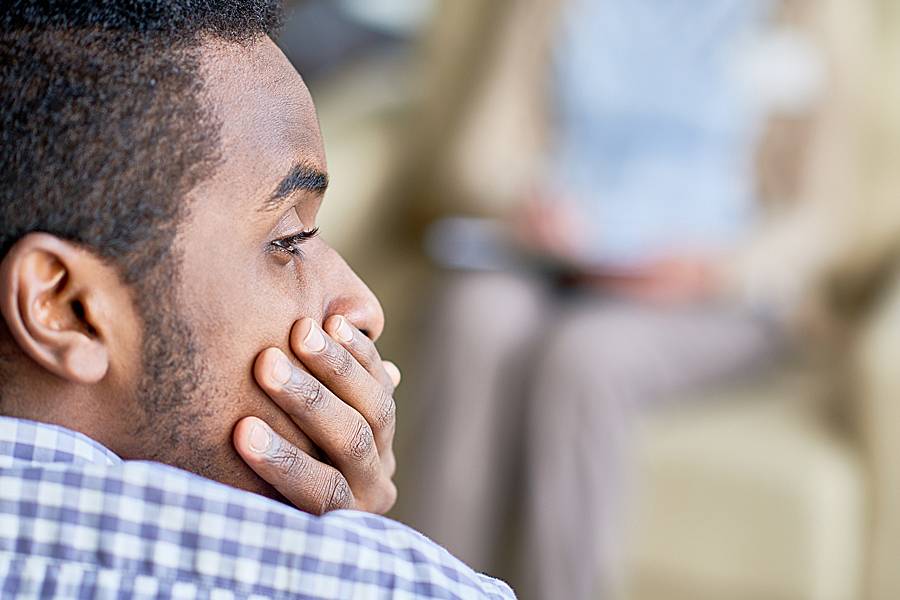This month's wellness article is made available through a partnership between Johns Hopkins and EHP.
October is Depression Awareness Month and a good time to refresh your understanding of the disease.
Depression is one of the most common mental health problems today. It is not just a state of unhappiness or sadness. It is a true disease. The cause seems to be related to a decrease in chemicals that transmit signals in the brain. Having a family history of depression, alcoholism, or suicide increases the risk. Chronic illness, chronic pain, migraine headaches, and high emotional stress also increase the risk.
Depression is something we tend to recognize in others but may have a hard time seeing in ourselves. It can show in many physical and emotional ways. Among the signs:
- Loss of appetite
- Overeating
- Not being able to sleep
- Sleeping too much
- Tiredness not related to physical exertion
- Restlessness or irritability
- Slowness of movement or speech
- Feeling depressed or withdrawn
- Loss of interest in things you once enjoyed
- Trouble concentrating or making decisions, poor memory
- Low self-esteem
- Thoughts of harming or killing oneself, or thoughts that life is not worth living
The treatment for depression may include both medicine and psychotherapy. Antidepressants can reduce suffering and can improve the ability to function during the depressed period. Therapy can offer emotional support and help you understand emotional factors that may be causing the depression.
What you can do for yourself
Ongoing care and support help people manage this disease. Find a health care provider and therapist who meet your needs. Seek help when you feel like you may be getting ill.
Be kind to yourself. Make it a point to do things that you enjoy (gardening, walking in nature, going to a movie). Reward yourself for small successes.
Take care of your physical body. Eat a balanced diet (low in saturated fat and high in fruits and vegetables). Exercise at least three times a week for 30 minutes. Even mild-to-moderate exercise (such as brisk walking) can make you feel better. Don't drink alcohol, which can make depression worse.
Take medicine as prescribed. Tell each of your health care providers about all the prescription and over-the-counter medicines, vitamins, and supplements you take. Certain supplements interact with medicines and can result in dangerous side effects. Ask your pharmacist when you have questions about medicine interactions.
Talk with your family and trusted friends about your feelings and thoughts. Ask them to help you recognize behavior changes early so you can get help and, if needed, medicine can be adjusted.
Follow up with your health care provider, or as advised.
Know when to seek medical advice
Call your health care provider right away if any of these happen:
- You feel extreme depression, fear, anxiety, or anger toward yourself or others
- You feel out of control
- You feel that you may try to harm yourself or another
- You hear voices that others do not hear
- You see things that others do not see
- You can't sleep or eat for three days in a row
- Friends or family express concern over your behavior and ask you to seek help
When to call 911
Reach for the phone if you:
- Have suicidal thoughts, a suicide plan and the means to carry it out, or serious thoughts of hurting someone else
- Have trouble breathing
- Are very confused
- Feel very drowsy or have trouble awakening
- Faint or lose consciousness
- Have new chest pain that becomes more severe, lasts longer, or spreads into your shoulder, arm, neck, jaw, or back
Tagged hr newswire








